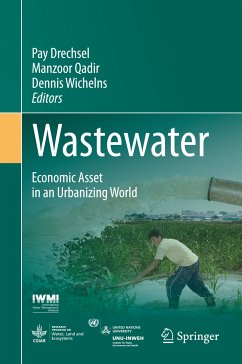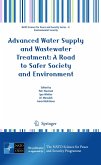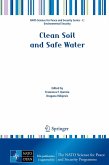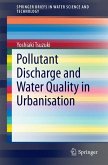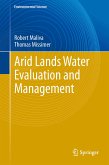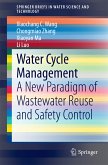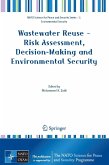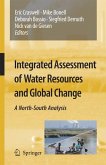The books provides a timely analysis in support of a paradigm shift in the field of wastewater management, from 'treatment for disposal' to 'treatment for reuse' by offering a variety of value propositions for water, nutrient and energy recovery which can support cost savings, cost recovery, and profits, in a sector that traditionally relies on public funding. The book provides new insights into the economics of wastewater use, applicable to developed and developing countries striving to transform wastewater from an unpleasant liability to a valuable asset and recasting urbanization from a daunting challenge into a resource recovery opportunity.
Dieser Download kann aus rechtlichen Gründen nur mit Rechnungsadresse in A, B, BG, CY, CZ, D, DK, EW, E, FIN, F, GR, HR, H, IRL, I, LT, L, LR, M, NL, PL, P, R, S, SLO, SK ausgeliefert werden.

